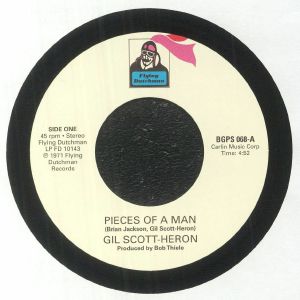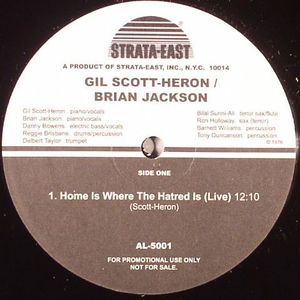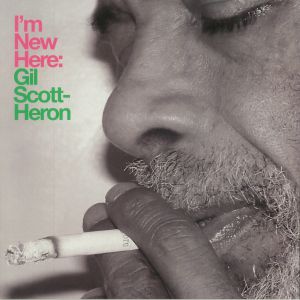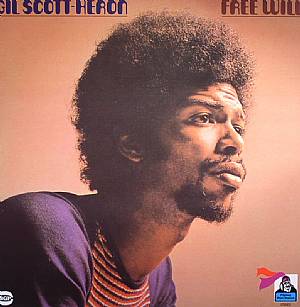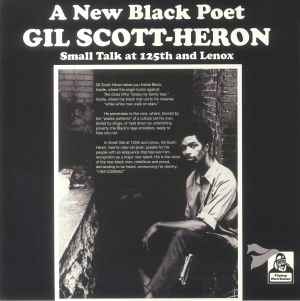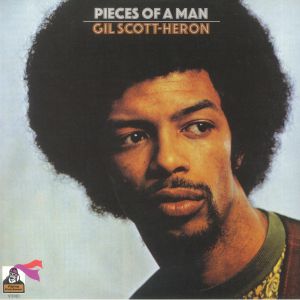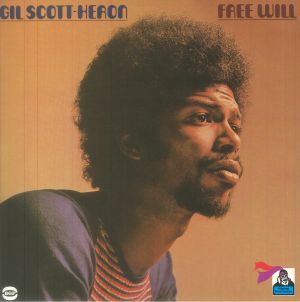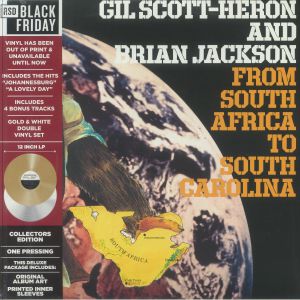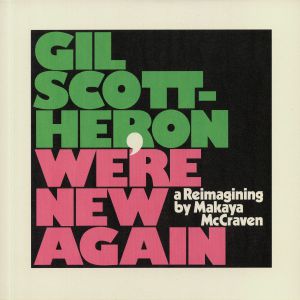Filter
Stock
Type
Featured
Release Title
Price
Back catalogue: Funk Soul & Jazz
Juno's full catalogue of Funk Soul & Jazz
Singles
Review: Gil Scott-Heron's 'Pieces Of A Man' was the first LP recorded by the poet and musician, made and released in 1971. Owing to the album's importance, BGP have released two of its most standout tracks, the title track and 'Think I'll Call It Morning', on a limited 7" that will doubtess prove exceptionallyy handy for DJs who need to get straight down to business.
… Read moreGespielt von: I Love 45's!, Juno Recommends Soul
in stock $11.08
Cat: AL 5001. Rel: 01 Jan 90
Gespielt von: RUSTAM OSPANOFF., Gilles Peterson
in stock $14.40
Alben
in stock $37.13
Gespielt von: BGP Records
in stock $26.58
Review: One of Gil Scott-Heron's most renowned live performances gets a reissue here via BGP. Performing his then best-known musical poetry hits at the time - at an obscure venue on East 125th Street & Lenox Avenue in Harlem, New York - Small Talk At 125th And Lenox was officially Scott-Heron's first album. It was received by a small audience, and contained such greats as 'The Revolution Will Not Be Televised', 'Brother', 'Evolution' and 'Paint It Black'. Backed by hand drums and jazz piano, our favourite from this classic has to be 'Who'll Pay Reparations On My Soul?', a musical-philosophical masterpiece that nails the unquantifiability of psychic grief.
… Read moreGespielt von: Craig Charles Funk And Soul
in stock $26.58
Pieces Of A Man (AAA 2 Disc Edition) (gatefold 180 gram vinyl 2xLP)
Cat: XXQLP 2094. Rel: 27 Oct 22
Review: Originally planned for release last year to mark the 50th anniversary of the album's creation, Gil Scott-Heron's most renowned full-length returns in stunning, audiophile quality sound. This time round, the album has been stretched across two discs, both of which have been pressed at 45rpm for louder sound. Created by Scott-Heron and musical sparring partner Brian Jackson with the assistance of producer Bob Thiele, Pieces of a Man remains an incredible album, with a string of classic cuts - think 'Home is Where The Hatred Is', 'The Revolution Will Not Be Televised' and 'Save the Children' - being joined by such lesser-celebrated delights as the fizzing 'Lady Day and John Coltrane', the blissful 'I Think I'll Call It Morning' and 'A Sign of the Ages'.
… Read moreGespielt von: Craig Charles Funk And Soul, Juno Recommends Soul
in stock $40.17
Review: Gil-Scott Heron was at the peak of his powers when he recorded Free Will as a follow-up to career highlight Pieces Of A Man. Originally released in 1972, it's steeped in the song craft of its predecessor and charged with the polemic that elevated his work to some of the greatest to ever shine a light on the Black American experience. The likes of 'Speed Kills' show just how tender Scott-Heron could be, while 'Did You Hear What They Said?' Ranks as one of the most heartbreaking tracks he ever committed to tape. 'The King Alfred Plan' and 'No Knock' prefigure rap as the legend's impassioned poetry rides on the rawest of percussion tracks. It's, quite simply, a masterpiece.
… Read more in stock $32.42
From South Africa To South Carolina (Record Store Day Black Friday RSD 2024) (gatefold gold & white vinyl 2xLP with obi-strip)
Cat: LLM 783845. Rel: 02 Dec 24
Review: This seminal collaborative album by Gil Scott-Heron and Brian Jackson was released in 1975 but gets a special reissue for Record Store Day 2024. It blends jazz, soul and acute political commentary with Scott-Heron's powerful spoken-word lyrics alongside Jackson's innovative woodwind arrangements. The title track reflects the duo's global perspective and highlights the struggles for freedom and equality that are still so relevant today. The album's fusion of groove, intellect and activism marked a significant moment in Scott-Heron's career. With its poignant social messages and rich instrumentation, this record remains a timeless work of political and musical significance.
… Read moreGespielt von: Craig Charles Funk And Soul
in stock $40.73
Cat: XL 1006LP. Rel: 07 Feb 20
Review: February 2020 marks the tenth anniversary of the release of Gil Scott-Heron's final studio album "I'm New Here", a set that was later brilliantly reworked by Jamie XX in 2011 ("We're New Here"). To celebrate the album's tenth birthday, XL Recordings has decided to offer up "We're New Again", a fresh "reinterpretation" of the Richard Russell produced set by contemporary jazz hero and beat-maker Maya McCraven. His vision is loose, languid, deep and jazzy, with languid jazz drumming, tight hip-hop beats, soft-touch instrumentation, liquid jazz solos and funk-fuelled basslines combining beneath Scott-Heron's gravelly spoken word vocals. It's an inspired re-invention all told and one fully in keeping with the essence of Scott-Heron's own work. In other words, it's a must-have.
… Read more in stock $24.93

 USD
USD





